
Conflict Resolution Playbook: How Agentic AI Systems Detect, Negotiate, and Resolve Disputes at Scale
When you deploy dozens or hundreds of AI agents across your organization, you're not just automating tasks. You're creating a digital workforce with its own internal politics, competing priorities, and inevitable disputes. The question isn't whether your agents will come into conflict. The question is whether you've designed a system that can resolve those conflicts without grinding to a halt or escalating to human intervention every time.

Beyond Bottlenecks: Dynamic Governance for AI Systems
As we move from single Large Language Models to Multi-Agent Systems (MAS), we're discovering that intelligence alone doesn't scale. The real challenge is coordination, orchestration and governance. Imagine you've deployed 100 autonomous agents into your enterprise. One specializes in customer data analysis. Another handles inventory optimization. A third manages supplier communications. Each agent is competent at its job. But when a supply chain disruption hits, who decides which agents act first? When two agents need the same resource, who arbitrates? When market conditions shift, how do they reorganize without human intervention?

The Model Context Protocol: Understanding Its Limits and Planning Your Agent Stack
The Model Context Protocol (MCP) received significant fanfare as a standardized way for AI agents to access tools and external systems. Anthropic's launch generated enthusiasm in the AI community, particularly among developers building local and experimental agentic systems. But as organizations move from proof-of-concept to production deployments, MCP's limitations are becoming apparent.
This isn't a story about MCP "failing" or being replaced overnight. Rather, MCP is settling into its actual role: one integration pattern among many, useful in specific contexts but insufficient as the primary fabric for enterprise agentic systems. Understanding where MCP fits (and where it doesn't) is essential for anyone building production-grade agent infrastructure.

Measuring Success: KPIs for Agentic AI in Data Quality Management
Agentic AI systems now monitor, correct, and negotiate data integrity across enterprise systems. They operate semi-autonomously, making decisions that once required human judgment. But here's the challenge: how do we know they're actually performing well? Success in this new paradigm isn't just about accuracy. It's about trust, speed, resilience, and measurable business impact.
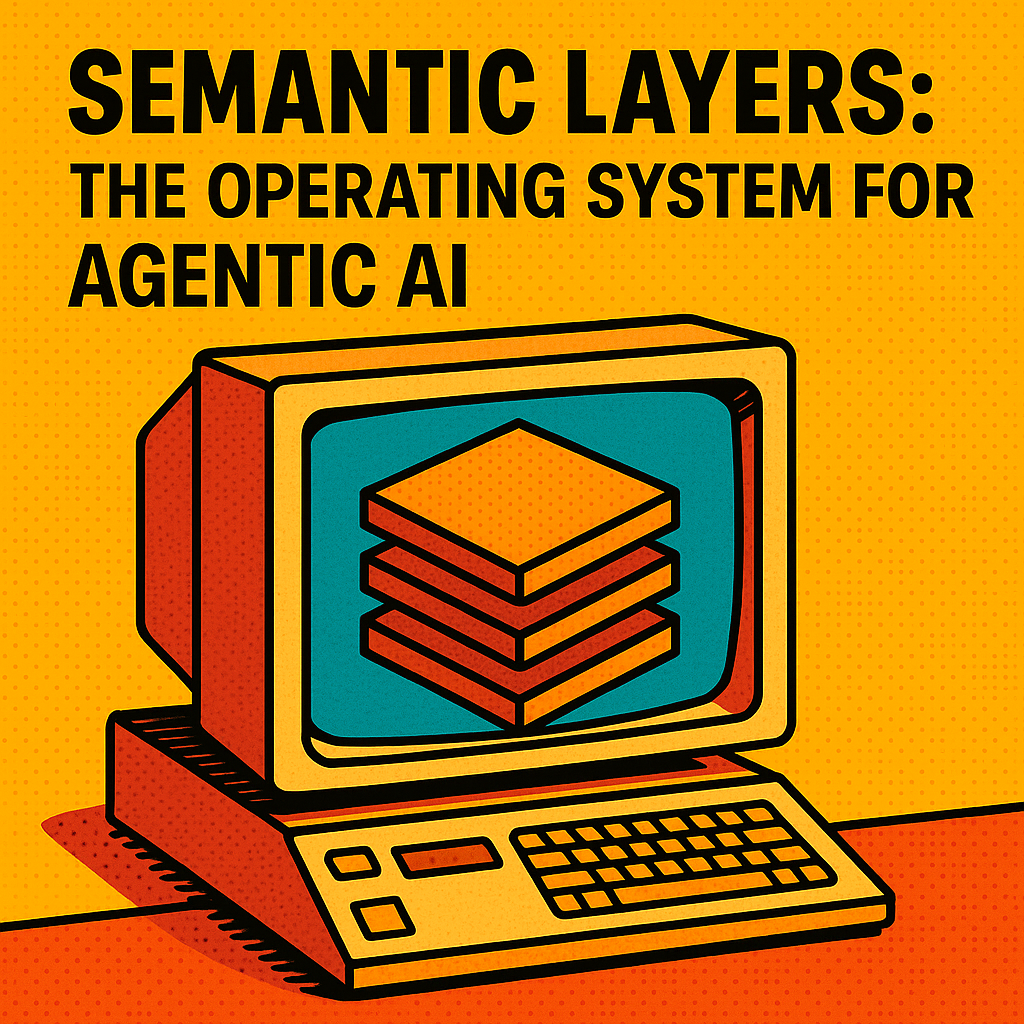
Semantic Layers: The Operating System for Agentic AI
Two procurement agents receive the same purchase request: "Order 500 units of Product X from the approved supplier list." The first agent; operating without semantic grounding; searches by keyword, finds a vendor match, and places the order. The second agent, equipped with a semantic layer, cross-references the product specification against compliance requirements, verifies the supplier's certification status has not expired, and checks whether the quantity aligns with current inventory policy thresholds. Only one makes the right decision.

The Impact of Bad Data on Modern AI Projects (and How to Fix It)
The enterprise AI conversation has been dominated by models. Which LLM should we license? Should we fine-tune or use RAG? What about open-source versus proprietary? These are the wrong questions to start with.
The AI boom is exposing a truth that data teams have known for years: most organizations are building on a foundation of poor-quality data. Decades of neglected data strategy are now coming due. The models are powerful, but they're only as reliable as what they're trained on and what they retrieve.

Hybrid Collaboration Chanels: Where Cooperation Meets Competition in Agentic AI Workflows
The traditional view of AI collaboration assumes a simple model: agents work together toward a shared goal, following predetermined protocols and maintaining consistent roles throughout their interaction. This linear approach may have sufficed when AI systems operated in isolation or handled straightforward tasks, but it falls short in today's complex multi-agent environments.
The reality of modern agentic AI workflows is far more nuanced. Just as human organizations navigate partnerships that blend cooperation with healthy competition, AI agents increasingly need the flexibility to shift between collaborative and competitive modes depending on the task at hand.

How Agentic AI Will Reshape Financial Transactions
Something significant is happening at the intersection of AI and commerce, and most business leaders haven't noticed yet. AI agents aren't just assisting with purchases anymore. They're making them independently, negotiating terms, and executing transactions without waiting for human approval.
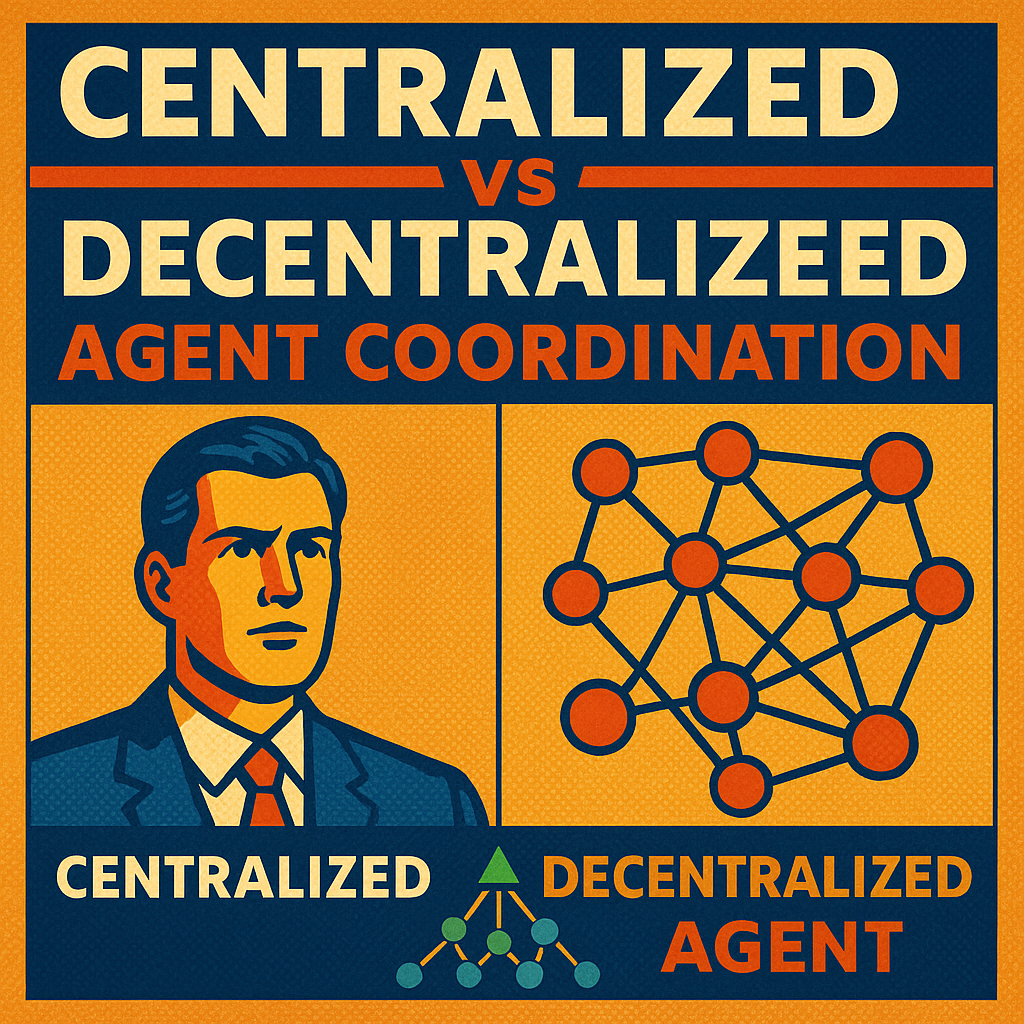
Centralized vs Decentralized Agent Coordination: How Orchestration Choices Shape Autonomy, Resilience, and Emergent Behavior
As organizations move from assistive AI to building full digital workforces, a critical architectural question emerges: how should agents coordinate with each other? The decision between centralized orchestration and decentralized coordination isn't just a technical detail. It shapes everything from system resilience to innovation capacity, from operational predictability to adaptive problem-solving.

Conflict Resolution Playbook: When Agents (and Organizations) Clash
Just as human organizations have HR departments, management hierarchies, and conflict resolution procedures, our digital workforces need structured approaches to handle disagreement. The difference? Agent conflicts happen at machine speed, across distributed networks, with consequences that can cascade through entire ecosystems in milliseconds. The goal isn't to eliminate conflict. It's to harness it as valuable feedback that makes our agent systems smarter, more resilient, and ultimately more aligned with human values.
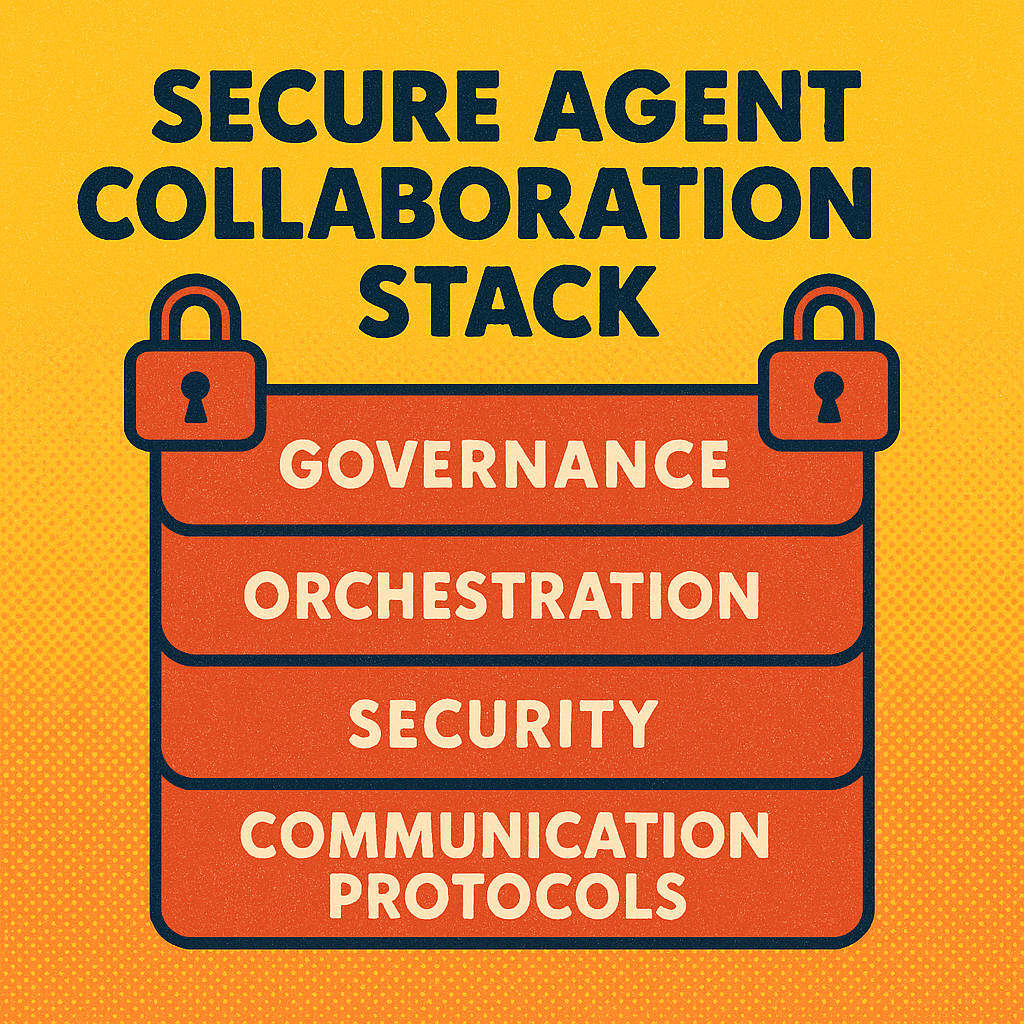
Resilience, Security & Real-Time Collaboration: Building the Foundation for the Agentic Enterprise
Spotlight on the challenges and innovations in secure, low-latency, and scalable coordination architectures, especially when agents cross organizational boundaries.
The modern enterprise no longer operates within tidy boundaries. Instead, it exists as a node in a dynamic digital ecosystem where agents (both human and AI) must collaborate across organizations, geographies, and technical platforms. This isn't the collaborative work environment of the past decade. We're entering an era where digital teammates work alongside human ones, where AI agents make autonomous decisions in milliseconds, and where the coordination fabric must span not just internal teams and organizational silos, but entire supply chains and partner networks.

Synthetic Sensors and Surrogate Data: How Agentic AI Fills Gaps and Fights Fraudulent IoT Streams
What happens when your sensors lie, or simply go silent?
In our hyper-connected world, IoT systems power our most critical infrastructure. Smart factories run around the clock. Energy grids balance supply and demand in real time. Logistics networks track millions of shipments across continents. All of this depends on one thing: continuous, trustworthy data streams flowing from thousands of sensors.
The traditional answer has been redundancy and maintenance. Add more sensors. Check them more often. But there's another way, one that doesn't just patch the problem but reimagines how we think about sensing itself. Agentic AI offers a path beyond physical sensors, using intelligence and inference to synthesize and validate the data we need.

AIOps Maturity Model
As enterprises evolve toward AI-first business models, IT operations face growing complexity, velocity, and interdependence. Traditional monitoring and manual incident response can no longer keep pace with the demands of modern, hybrid infrastructures. Artificial Intelligence for IT Operations (AIOps or AgentOps) has emerged as a transformative capability; bringing together observability, machine learning, and automation to deliver faster, smarter, and more resilient systems.
The AIOps Maturity Model provides a structured framework for understanding how organizations progress from reactive, human-driven operations to fully autonomous, adaptive, and agentic ecosystems. It highlights the interplay of four critical dimensions; Data Maturity, Automation Depth, Human–AI Collaboration, and Governance; that together define operational intelligence and resilience.
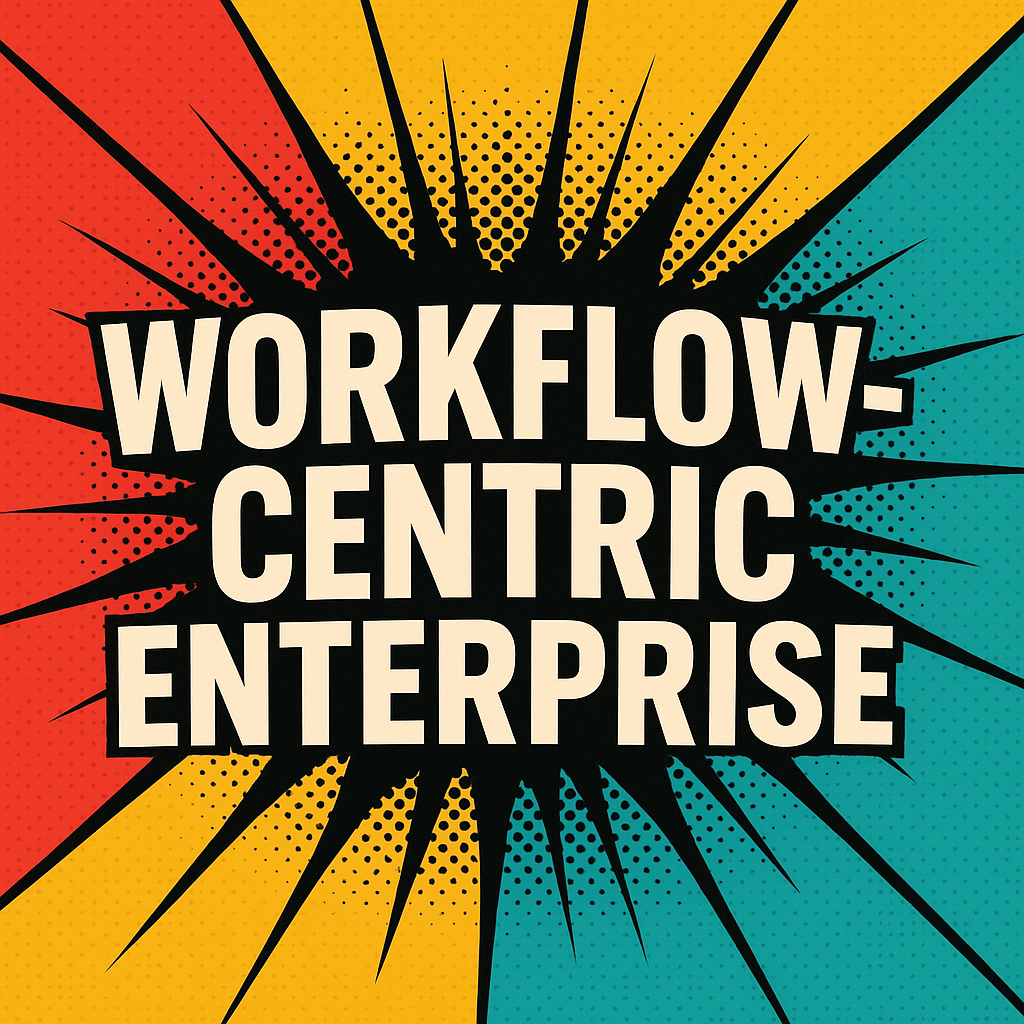
Workflow-Centric Enterprises: The Post-Application Era of Agentic AI
Something significant happened at Dreamforce this year, though it wasn't captured in a single keynote moment or product announcement. Between the demos of Agentforce and the conversations in packed conference rooms, a new narrative about enterprise operations began taking shape. Organizations are no longer thinking primarily about which applications to buy or build. Instead, they're asking a different question: how does work actually flow through our organization?

Agentic AI Operations: The Next Frontier in Enterprise Automation
Enterprise AI is going through a dramatic transformation. What began as cautious experimentation with machine learning models has evolved into the bold deployment of autonomous AI agents capable of reasoning, decision-making, and acting independently. Yet as organizations embrace this new concept, a critical challenge emerges: how do you effectively manage, monitor, and govern AI systems that operate with varying degrees of autonomy? The answer lies in Agentic AI Operations (AIOps), a discipline that is rapidly becoming the cornerstone of successful AI-driven enterprises.

Decentralized Governance Models for Agentic AI: DAOs, Blockchain, and Beyond
What if your digital workforce could vote on operational priorities or enforce ethical boundaries through code, not committees? As artificial intelligence evolves from passive tools into autonomous agents capable of independent decision-making, we're entering uncharted territory. These agentic AI systems operate across networks, enterprises, and entire ecosystems, raising urgent questions about control, accountability, and trust.
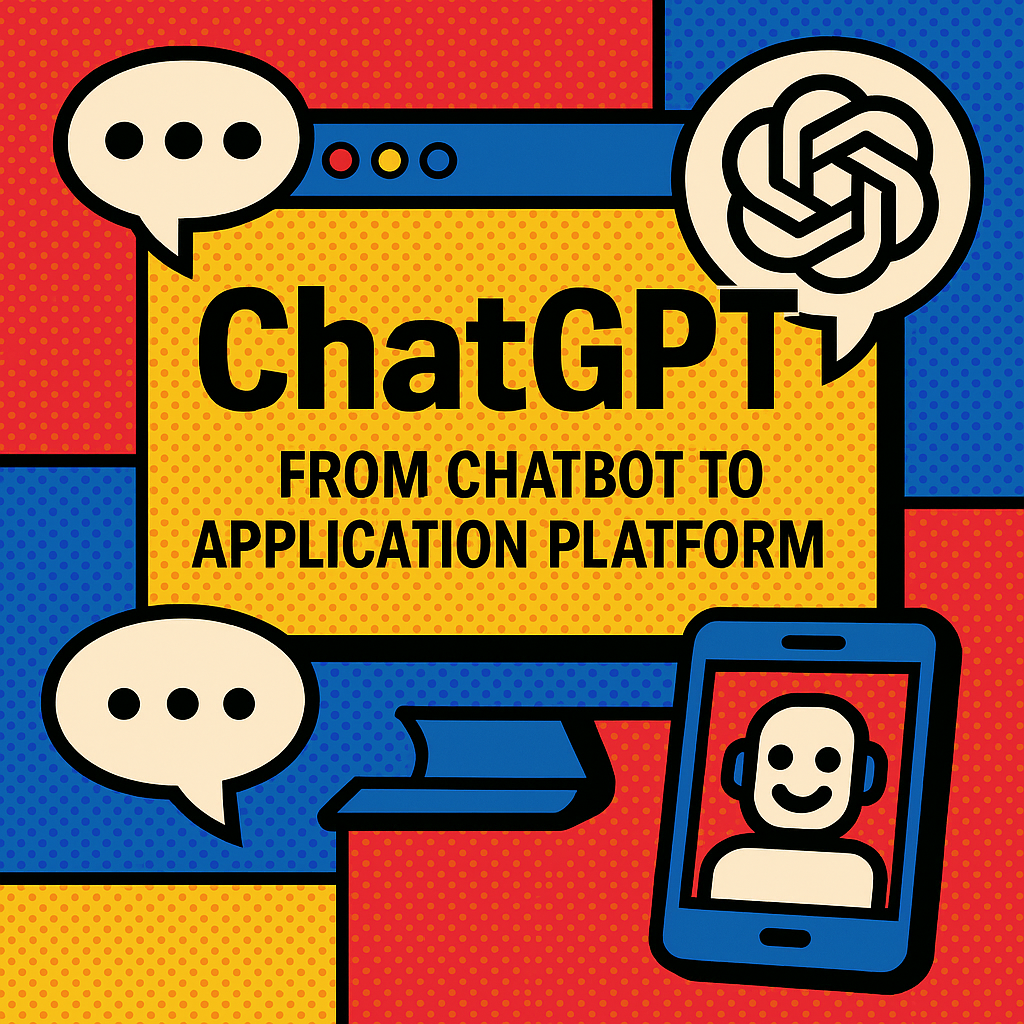
ChatGPT: From Chatbot to Application Platform
Users of ChatGPT see it as a conversational agent; a chatbot. You open a text box, type a question, and receive an answer. It's powerful, sometimes remarkably so, but the interaction model is simple: prompt in, response out. That mental model is about to shift dramatically.
The announcements at OpenAI's Dev Day 2025 signal something bigger than incremental improvements. ChatGPT is evolving from an interface into a substrate. From a place where you talk to AI, to a place where you build with AI. The new Apps SDK and AgentKit are turning ChatGPT into a runtime environment for applications and autonomous workflows.

How Agentic AI Powers Data-Driven Compliance in Finance
Traditional compliance operates reactively. Teams follow rule-based checklists, manually review flagged transactions, and scramble to meet reporting deadlines. The work is labor-intensive, expensive, and prone to human error. Yet here's the paradox: as regulations multiply, so does the data available to ensure compliance. Financial institutions now have access to transaction histories, communication logs, external datasets, and behavioral patterns that could dramatically improve compliance outcomes. The problem? Humans simply can't process it all fast enough.
Agentic AI transforms this equation. Instead of treating compliance as a manual policing function, it becomes a proactive, data-driven intelligence layer that works continuously, learns from every interaction, and scales effortlessly across regulatory domains.
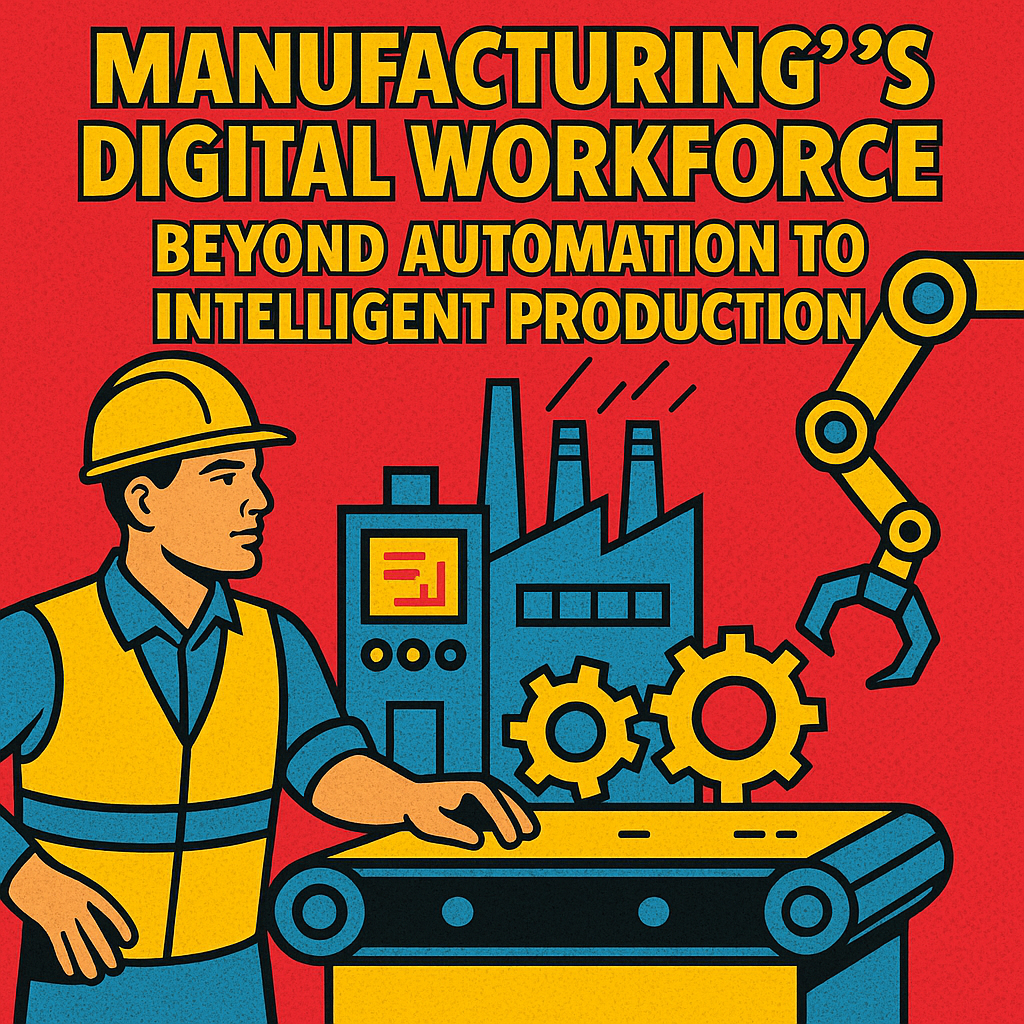
Manufacturing's Digital Workforce: Beyond Automation to Intelligent Production
The manufacturing industry is often the source of innovation. From the first assembly lines to today's robotic arms and connected machines, the sector has continuously pushed the boundaries of what automation can achieve. The next evolution in manufacturing isn't simply about adding more robots or connecting more sensors though. It's about creating intelligent production environments where AI agents work alongside humans and machines, forming a digital workforce capable of perceiving, reasoning, and acting across entire manufacturing ecosystems.
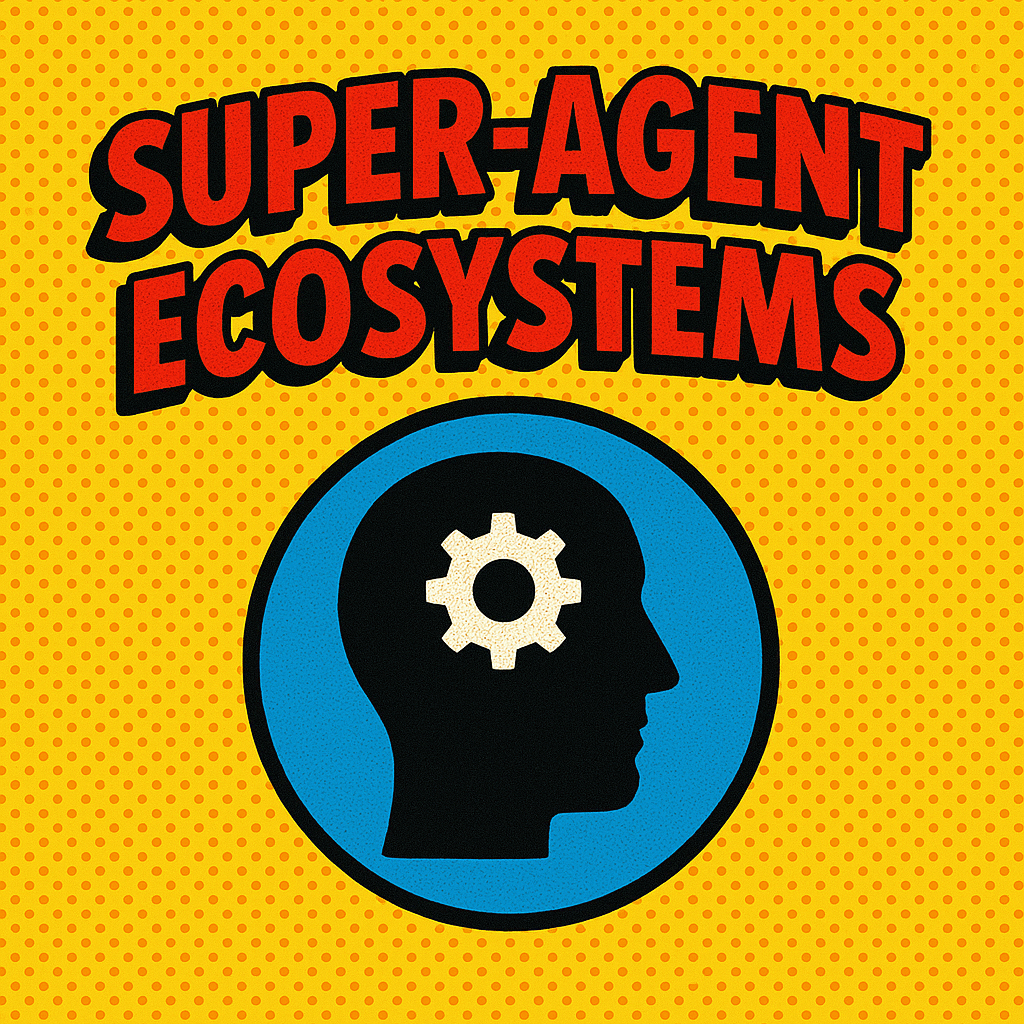
Super-Agent Ecosystems: Interconnected, Cross-Organizational Agentic AI Networks
Standalone agentic AI is rapidly giving way to something far more transformative. While individual AI agents have proven their worth in task automation, decision support, and specialized domains like customer service or data analysis, we're now seeing something entirely new: interconnected networks of agents that coordinate across organizational boundaries like digital organisms.
